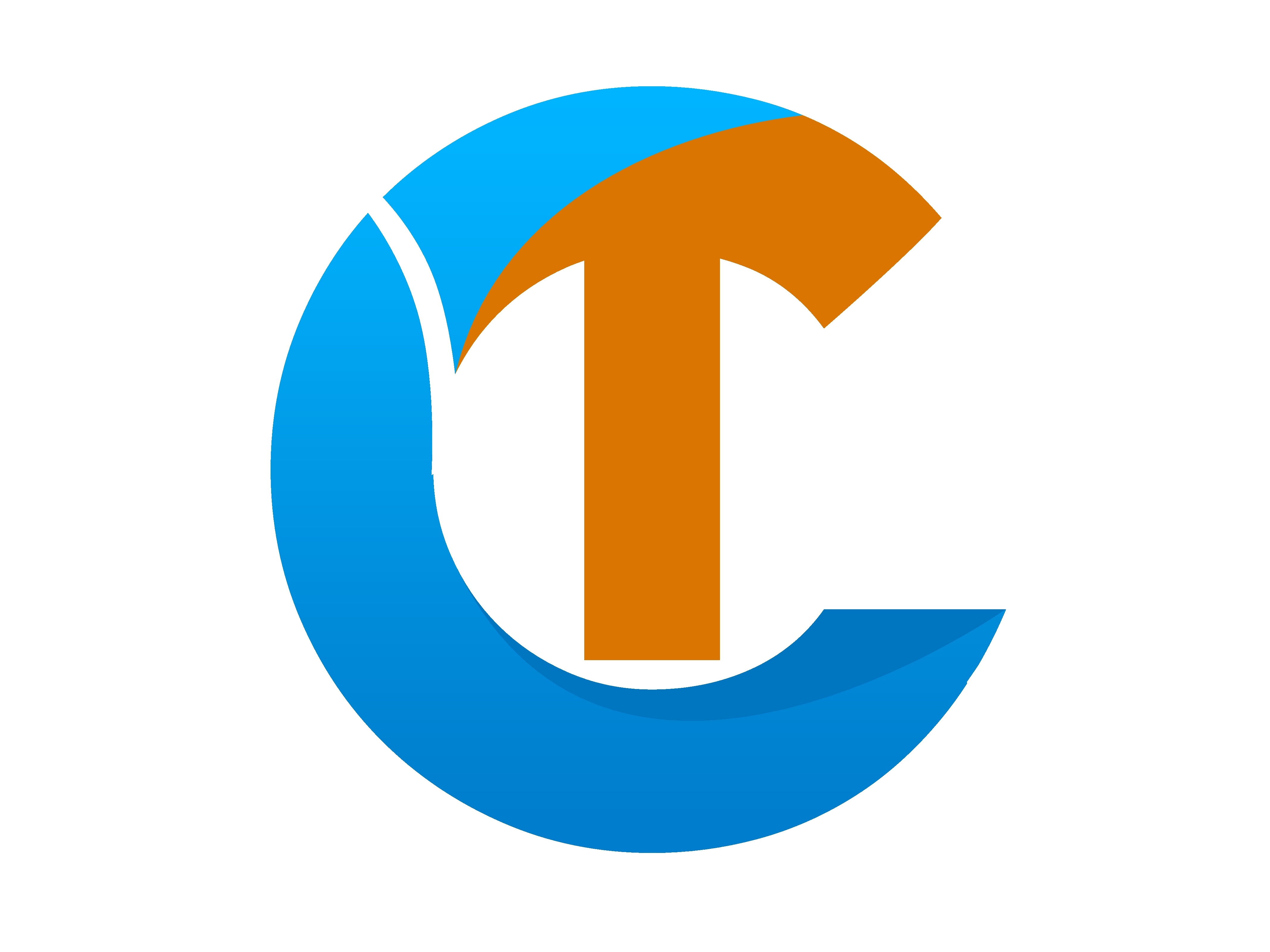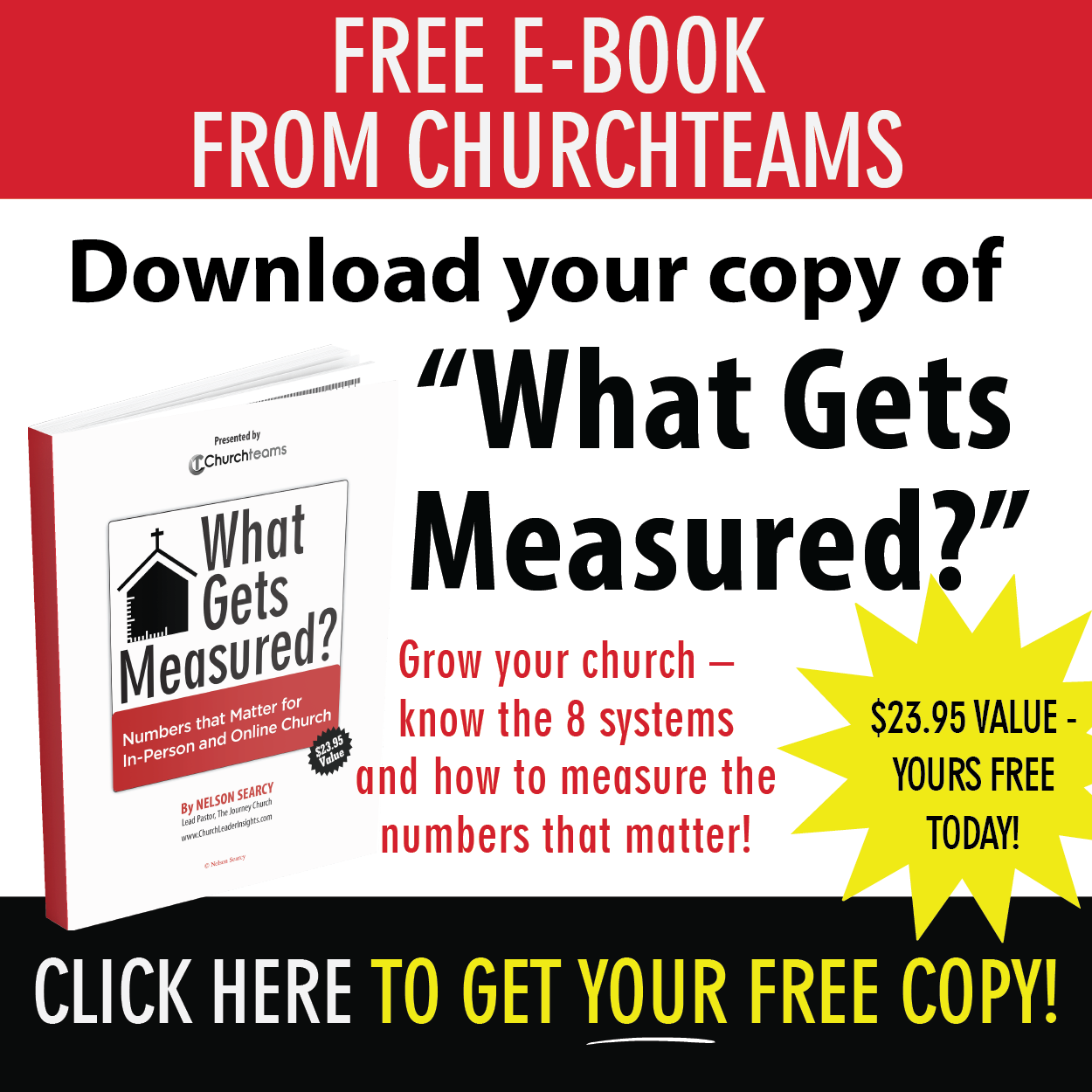A few years ago, a fortune 100 executive, Russ Mcguire, wrote an article for Christian Computing Magazine identifying four technological revolutions in the past 40 years. Here are his four revolutions:
Everything I Learned About Choosing a CMS, I Learned in Kindergarten (Part 2)
In part 1 of this post, I discussed two things not to do when choosing a church management system. In part two, I will discuss 5 things to do to make the very best CMS selection for your church.
Everything I Learned About Choosing a CMS, I Learned in Kindergarten (Part 1)
Kindergarten was filled with lots of life lessons, and they weren’t overly complicated. I either learned these lessons either from the Kindergarten school of hard knocks, or from stories with morals.
For years I've done webinars to show prospects and clients together how to get the most out of the different features of the software. At first, this was fine because the feature set was small groups and then membership. As we added features, I added webinars (virtual classes) for contributions, check-in, volunteers & events, and setup & help. For about a year I've had a feeling that we could do better. With input from clients and staff, we just changed our learning process to three stages: Get Acquainted, Get Going, and Get Trained.
Today's church management software is expected to be easy for the user to figure out and use. Unfortunately, too many churches are still using systems that don't fit this criteria. In both cases the preferred method of support is video, FAQ, or paying for a support contract. Here are three reasons we are convinced personal support matters and should be a priority rather than a last resort.
In the previous blog, we talked about what the successful use of church software looks like. But, once you've defined success, how do you measure it?
Using Church Software - You can't improve what you can't measure
Peter Drucker, the business management sage, taught us that you can't improve what you can't measure. This simply means that if you want to make something better, you must define what better looks like and then develop a way to measure it. So, what does effectiveness look like in using a church management system? Here are some of the factors.
Churchteams pricing is done differently than most Church Management Systems. We think it is the most customer-centric which aligns with our #1 value - great service. It is based simply on the number of people in the database. It doesn't matter if a person is an adult or child, active or inactive, or a member or not. Nor does it matter if you use one feature or all of them. However, here are 7 subtleties in this approach you should be aware of.
When first created, software was a product that either came with your computer or you purchased and downloaded. The Internet changed this. The "cloud" is now the host for all your programs and files. Your computer, tablet and phone just need to be able to access these "web-based" applications. In other words your software became a service, not a product. But, we've been slow to grasp the significance of this change.
You've probably heard of a Gratitude Journal. It was referenced in the repost/retweet of a blog from Lifeway I sent out yesterday. I'm looking forward to thinking more about the benefits of gratitude this week. But for this Thanksgiving week post, I want to do a short journal of things I'm grateful for. In no particular order, starting with the biggies:
Tags: Church Management Software, Groups
In the last post I shared four factors that I've considered in how to set a price for church management software. In this post I want to talk about upon what do you base your price. There are likely other approaches to pricing, but here are the common ones out there and my perspective on them.
If you have ever shopped for Church management software, you know that pricing varies widely. Maybe you've even wondered why that is. I've done a lot of thinking about pricing ChMS through the years. Here are some of the different factors I've considered.






